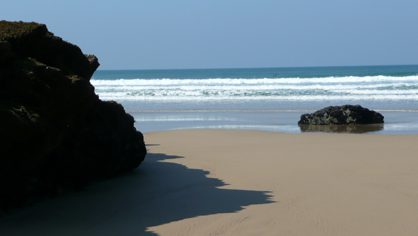7 January 2010
One of the peculiarities of fisheries politics over the past 10 years or so has been the level of sustained criticism of the industry in the media.
Fishermen who had previously been seen as providing the nation with valuable food, produced under difficult and sometimes dangerous conditions came, over a very short timeframe, to be portrayed as “pillagers and rapers” of the marine environment.
We accept that some parts of the media and indeed some parts of the environmental movement will always be in search of a pantomime villain. Sensationalism and selective facts almost always win out over a reasoned and proportionate approach.
As a result, there have been some notable occasions when policy makers, and indeed nature conservancy advisors to government, have been more than a little responsive to the doom-mongers’ cries.
What is striking about this misrepresentation of fishing is that it is an almost complete reversal of the truth. Yes, fishing has an environmental impact but if one looks at the whole range of objective indicators, including physical impact on habitat, pollution and greenhouse gas emissions, in fact fishing scores very well against all other forms of food production.
In a sense this is not surprising because in the final analysis despite technological developments, fishing is a hunting activity in a vast marine environment. It does not require the destruction of primordial forests or the widespread use of nitrates or phosphates as a precondition for its existence. The physical impact of different gears varies but in any event tends to be quite localised. Its output of greenhouse gasses is relatively low per tonne of fish.
The fact us that fishing is an environmentally low impact form of food production. How this essential point has become lost will someday provide someone with an interesting Phd in cultural and media studies.
All this is not to say that the fishing industry can be complacent. Overexploitation of specific fish stocks is a live possibility, especially in an uncertain and changing marine environment. Discards, overcapacity in some fisheries, an ineffectual management system and weak stock assessments, all suggest that there is much work to be done. But this is a long way away from the current media image of the fishing industry on a path to self-destruction, taking half of the planet with it.
As for encouraging consumers to avoid buying fish, every consumer persuaded to buy chicken, pork or beef, or all but a very narrow range of fruit and vegetables, as an alternative to fish, should be aware that he or she is increasing, not reducing, their ecological footprint.

